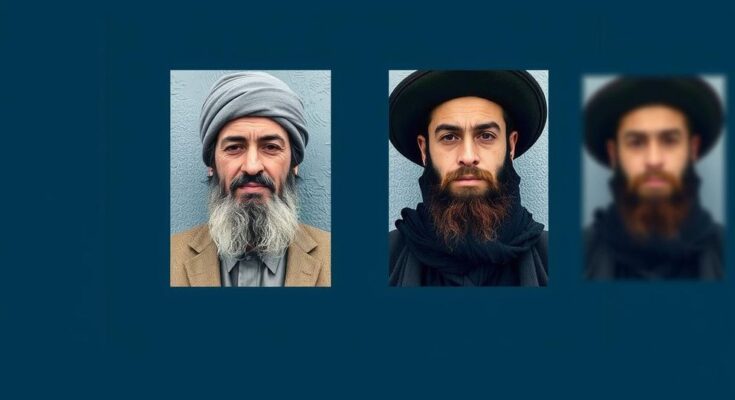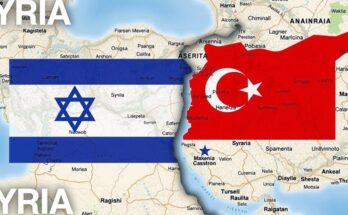The UAE has confirmed that three suspects arrested for the murder of Israeli Rabbi Zvi Kogan are Uzbek nationals. The investigation is ongoing, with Israeli officials suggesting anti-Semitic motives. Kogan had been living in the UAE and was affiliated with the Chabad movement. The incident has unsettled the local Jewish community and attracted international attention amidst rising geopolitical tensions with Iran.
Authorities in the United Arab Emirates recently confirmed that the three suspects arrested in connection with the murder of Israeli Rabbi Zvi Kogan are citizens of Uzbekistan. The UAE Ministry of Interior disclosed the suspects’ ages, with two being 28 and the third 33 years old, and released images of the individuals in custody. Although the investigation remains ongoing, officials have not yet indicated whether the suspects have been formally charged. The rabbi’s body was discovered shortly after he was reported missing, with indications suggesting he had been last seen in Dubai. Concerns over potential motives have been raised, with Israeli Prime Minister Benjamin Netanyahu labeling the act as an “antisemitic terrorist act,” suggesting that Kogan may have been targeted due to his Jewish identity. Former Israeli Druze politician Ayoob Kara claimed that Iran may be involved, an assertion refuted by Iran’s embassy. The incident has deeply affected the Jewish community within the UAE, as Kogan was actively engaged in outreach with the New York-based Orthodox Chabad movement. Notably, UAE ties with Israel have expanded since the normalization agreement brokered by the United States in 2020, amidst ongoing tensions due to the Israel-Hamas war in Gaza.
The murder of Rabbi Zvi Kogan has spotlighted the intricacies of international relations in the Gulf region, particularly the recent history of Israeli-UAE ties. Following the normalization treaty established in 2020, the presence of the Jewish community in the UAE has been increasingly visible, though this incident poses significant challenges amid escalating geopolitical tensions. The official response from the UAE emphasizes its commitment to investigate the crime thoroughly, while Israeli officials maintain vigilance regarding any potential anti-Semitic motives.
The ongoing investigation into the murder of Rabbi Zvi Kogan reveals critical socio-political dynamics within the UAE and its interaction with the Jewish community and Israel. With suspects identified as Uzbek nationals, the implications of this incident extend beyond a single case, potentially affecting the UAE’s diplomatic relations. The perceptions of safety within the Emirati Jewish community may further be challenged as they navigate the aftermath of this tragic event, amidst international scrutiny and regional tensions, particularly with Iranian involvement allegations.
Original Source: www.usatoday.com




